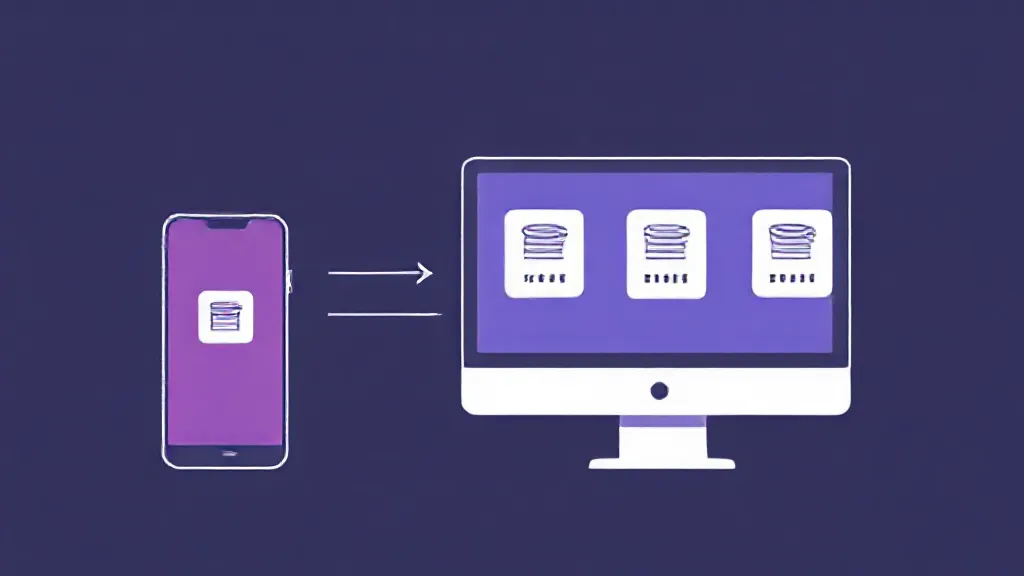When devices run out of memory, whether it's a smartphone, tablet, or computer, the immediate effects can be frustrating and disruptive. Memory, in this context, refers to the temporary storage space that allows devices to execute tasks efficiently. When this space is depleted, users may experience slow performance, application crashes, and an inability to save new data.
Understanding the implications of low memory can help users manage their devices more effectively.
The Mechanics of Memory Depletion
Memory in devices operates through a hierarchy, primarily consisting of RAM (Random Access Memory) and storage memory. RAM is crucial for running applications and processes, while storage memory holds data and files.
When RAM runs low, the device struggles to allocate enough memory for applications to function smoothly. This can lead to significant slowdowns as the operating system attempts to compensate by using slower storage memory, resulting in a lagging user experience.
Common Symptoms of Low Memory
Users often notice several symptoms when their devices are low on memory.
Applications may take longer to launch or may freeze unexpectedly. Users might also encounter error messages indicating that there is insufficient memory to perform a task. In severe cases, devices may become unresponsive, requiring a restart.
These symptoms are not just inconvenient; they can hinder productivity and lead to data loss if unsaved work is affected.
The Impact on Application Performance
Applications rely heavily on available memory to function optimally. When memory is low, apps may not only run slower but can also behave unpredictably.
For instance, a photo editing app might crash while processing an image, leading to potential loss of work. Similarly, games may lag or crash, disrupting the user experience. Developers often design applications with certain memory requirements in mind, and exceeding these limits can lead to performance issues.
Long-term Consequences of Ignoring Memory Issues
Ignoring memory issues can lead to long-term consequences for devices. Over time, continuous low memory can cause wear on hardware components, particularly in devices with solid-state drives (SSDs). Frequent write and delete cycles can degrade SSD performance, leading to further inefficiencies.
Additionally, users may find themselves needing to upgrade their devices more frequently if they do not address memory management proactively.
Solutions to Memory Depletion
To mitigate memory depletion, users can adopt several strategies. Regularly clearing cache and temporary files can free up significant amounts of memory.
Uninstalling unused applications and transferring files to cloud storage can also help manage space effectively. Some devices offer built-in memory management tools that can assist users in identifying and resolving memory issues.
The Role of Operating Systems in Memory Management
Operating systems play a crucial role in managing memory.
They employ various techniques to optimize memory usage, such as virtual memory and memory compression. Virtual memory allows devices to use a portion of the hard drive as additional RAM, while memory compression reduces the size of data stored in RAM, enabling more applications to run simultaneously. Understanding these features can empower users to make better decisions regarding their device usage.
Future Trends in Memory Technology
As technology advances, memory management is evolving. Innovations like faster RAM types (e.g.
, DDR5) and improved storage solutions (e.g., NVMe SSDs) promise to enhance performance and reduce the likelihood of memory depletion.
Furthermore, artificial intelligence is increasingly being integrated into operating systems to predict and manage memory usage proactively, ensuring a smoother user experience.
Conclusion: Proactive Memory Management
In conclusion, running out of memory on devices can lead to a range of issues, from performance slowdowns to application crashes. By understanding the mechanics of memory and adopting proactive management strategies, users can enhance their device's longevity and performance.
Staying informed about memory technology trends will also help users make better choices, ensuring their devices remain efficient and responsive for years to come.
